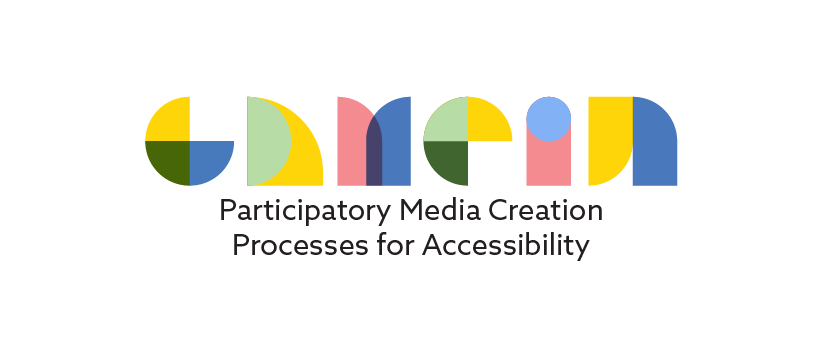Hands-On Minds: Fostering Conceptual Learning Through Tangible Analogue Games in Higher Education
Sara Rye – University of Bradford, United Kingdom [ORCID: https://orcid.org/0000-0001-5264-149X]
Abstract
In this chapter, the transformative potential of using analogue games, like board or card games, in higher education is explored in order to improve conceptual learning. Analogue games offer tangible, engaging experiences that connect theoretical ideas with real-world applications. They provide tangible representations of intricate concepts, easing cognitive load and promoting knowledge transfer. Along with encouraging critical thinking, problem-solving, and analytical skills, analog games actively involve students. These games contextualize information so that students can explore ideas in contexts that are relevant to them and thus increase comprehension. In line with social constructivist learning theories, social interaction and collaboration are encouraged, improving communication and interpersonal skills. By promoting practical experience, reflection, and metacognition, analog games aid experiential learning. They encourage multisensory learning by involving a variety of senses for better comprehension. They also foster problem-solving and critical thinking abilities, which are applicable across a variety of fields. Analogue games promote metacognition, which empowers students to manage their own learning by enabling self-regulated learning. Finally, analogue games provide a dynamic and engaging approach to conceptual learning in higher education, encouraging active engagement, teamwork, critical thinking, and multisensory experiences, ultimately enhancing the learning process.
Keywords: Analogue Games; Higher Education; Conceptual Learning; Experiential Learning; Multisensory Education.
Cite as: Rye, S. (2023). Hands-On Minds:Fostering Conceptual Learning through Tangible Analogue Games in Higher Education. In C. Sousa, & A.H. Tkaczyk (Eds.), Media Literacy and Assistive Technologies for Empowerment in Autism (pp. 42-53). Edições Universitárias Lusófonas. https://www.doi.org/10.24140/asdigital.v1.p01.05
